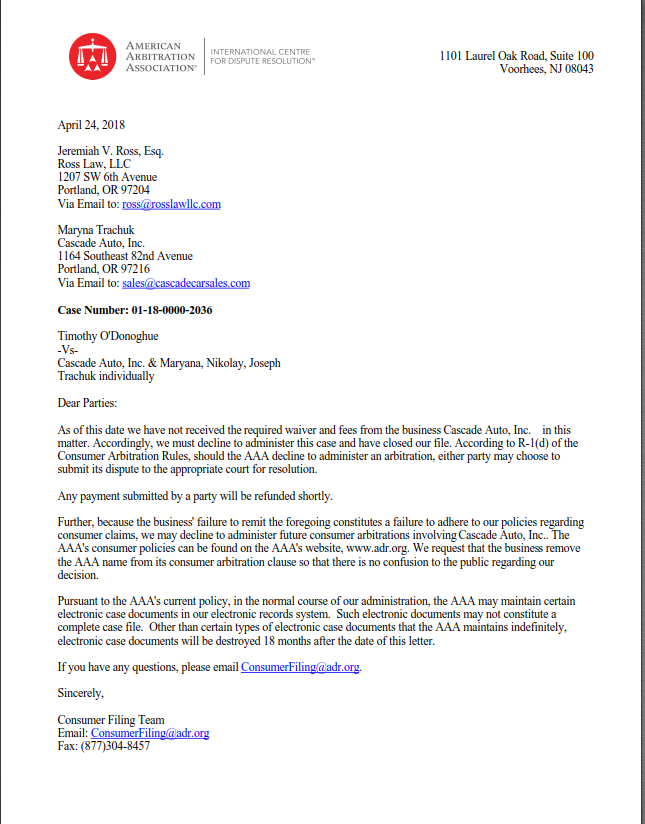Many of my personal injury clients tell me they would have never sought the help of a lawyer if the at-fault person (bad driver, building owner, negligent business) would have simply paid their medical bills. Medical bills can quickly spiral out of control and it seems that there is no way to ever pay them off. Thankfully personal injury lawyers and consumer lawyers can often help people with getting their medical bills paid off. Attorneys may be able to get insurance coverage for the bills, force the negligent party pay the medical bills, or work with the medical provider to accept a reduced amount. However, sometimes that is not possible, and the debt must be paid. In that case, there are things you should know. The National Consumer Law Center (NCLC) has published a great article that has valuable information for anyone that is dealing with medical debt.
Below a few highlights from the article:
- Pay Medical Debt Last: Don't ignore it, but you may want to pay off your other debt before medical debt. This is due to the fact that it is on the lowest priority of debt. Also, do not take out a loan or credit card to pay medical debt. This is due to the fact medical debt often has little or no interest in it. Credit cards and loans have interest, so you will pay more to pay off the original debt.
- Debt Collectors Powers Are Limited: Many medical providers will assign your debt to a debt collector. These are the people that call to annoy and harass you into paying off the debt. However, there bark is often bigger than their bite. Medical Debt is unique in that credit reporting agencies will not include it in a credit report until it is over six months old. This is important because debt collectors will often tell people their credit will be trashed if they don't pay up immediately. If debt collectors continue to call you or attempt to contact you, you also can send them a letter telling them to stop. Federal law prevents them from continuing to contact you after receiving that letter.
- Medical Debt is Often Not Reported to Credit Agencies: Often, many medical providers do not report medical debt to the three major credit reporting agencies. However, debt collectors may.
- You Can Still Go to the Emergency Room If You Owe the Hospital Money: Federal law (Emergency Medical Treatment and Active Labor Act (EMTALA)) prohibits hospitals from turning people away from the ER due to their inability to pay.
- You Might Be Able to Correct the Bills: Medical bills can contain errors. You can work with the medical provider to correct the mistake or get the bills covered by insurance.
The article contains a lot of helpful additional information that you should read to help you understand your rights and obligations with medical debt. If you have incurred medical debt as a result of another person injuring you call Ross Law LLC at 503.224.1658. Jeremiah Ross represents people that have been injured by the negligence of another and consumers. Please note the information in this article is for informational purposes only and the law is constantly changing. DO NOT SOLELY RELY ON THIS POST. SPEAK WITH A LAWYER to fully understand your rights and obligations on medical debt. This post could be considered attorney advertising.










